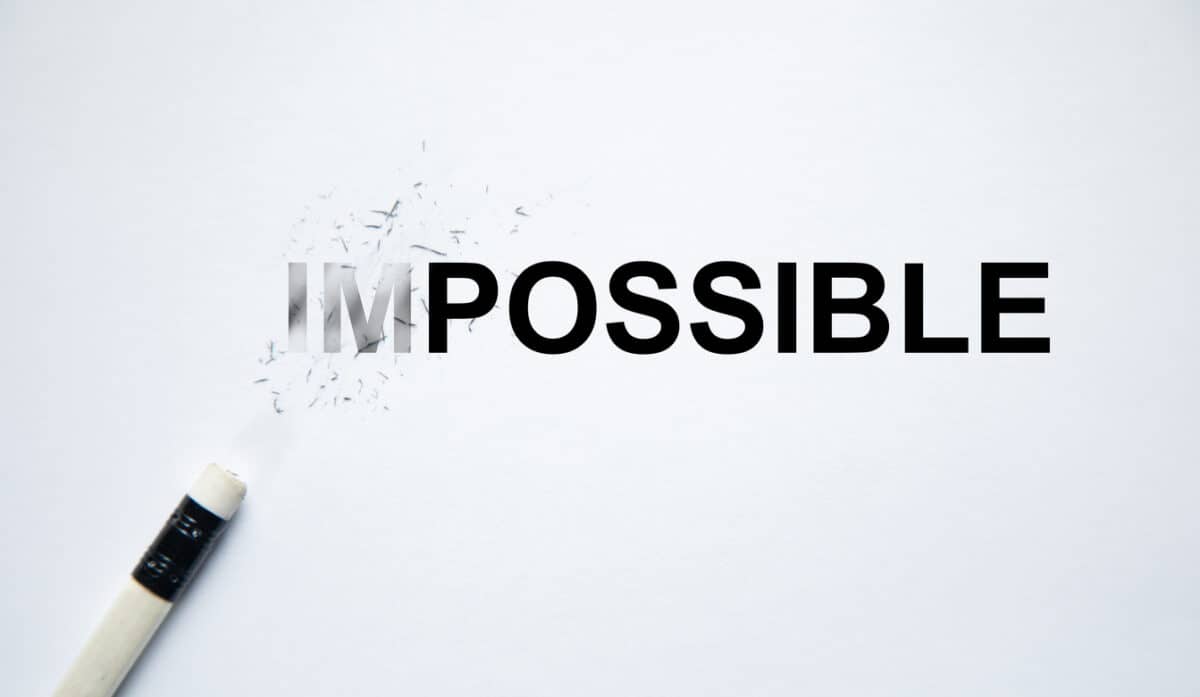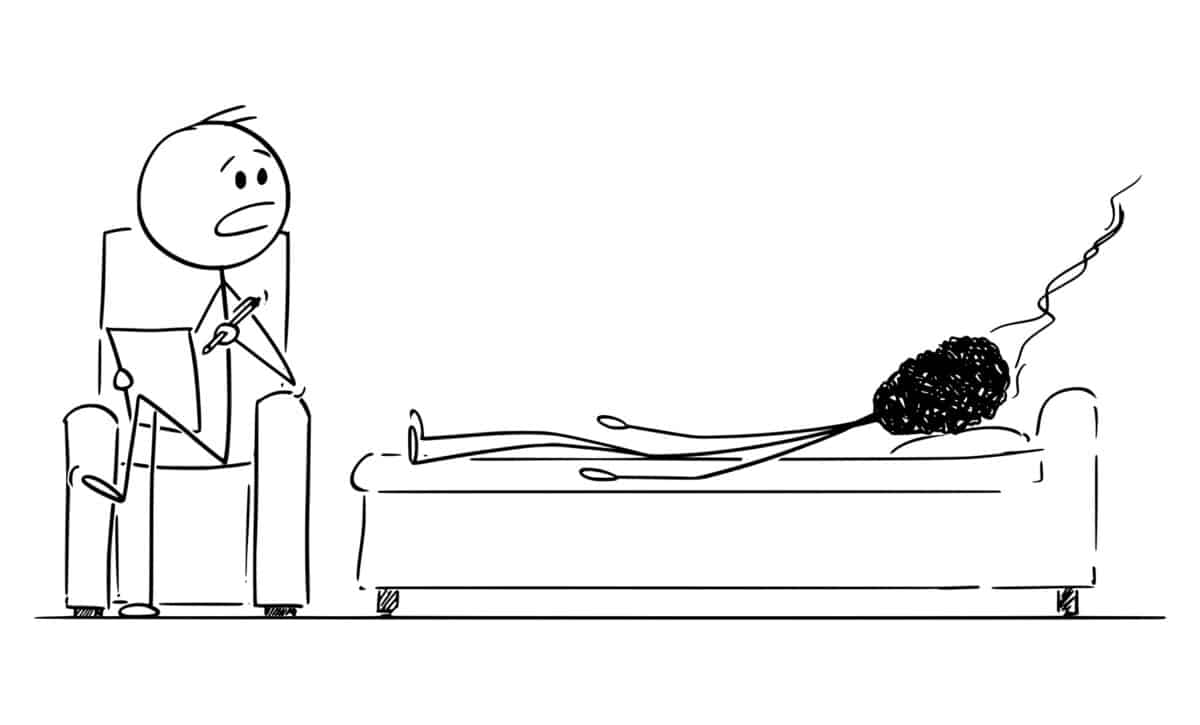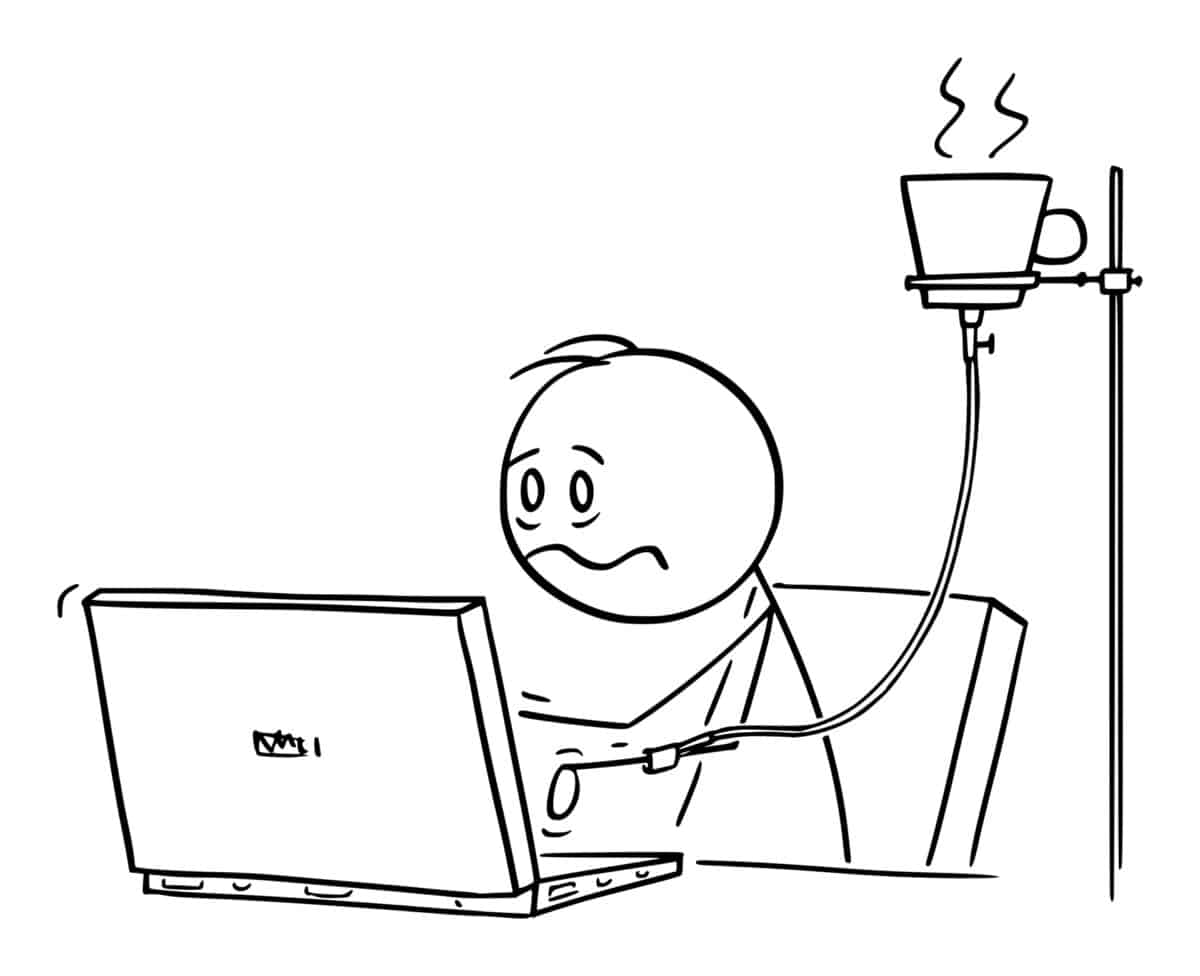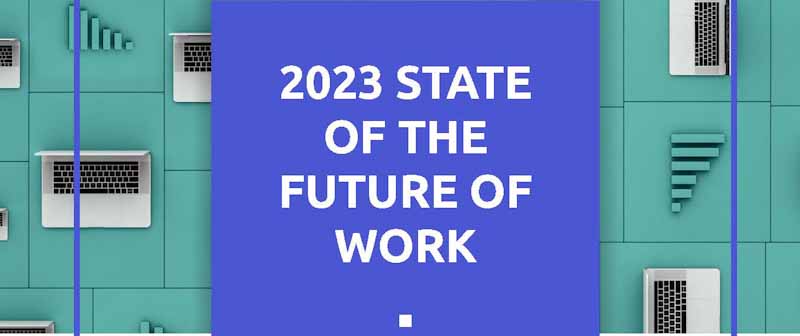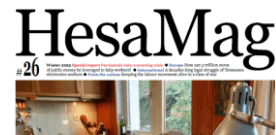Over the last few months, various seminars from law firms and others have focussed on how to comply with new and impending occupational health and safety regulations related to psychosocial hazards at work. Over the last fortnight, I attended two such seminars; they were as different as chalk and cheese, even though both had strong voices from lawyers, illustrating the sources of some of the confusion over the issue felt by some employers.
Category: psychiatric
When an increase of 0.5 percentage points is described as an outrageous 43% increase
This week the Victorian Government flagged changes to the workers’ compensation premiums and eligibility. This has generated outrage from business lobby groups and the trade unions, and as he is being criticised by both political extremes, Premier Dan Andrews believes his decision, i.e. being hated by everyone, is a winner.
The Age newspaper was one of the first to report (paywalled) on the announcement of these changes on May 19, 2023. Significantly it included a quote from Dr Mary Wyatt on the economic and social importance of injury prevention. Hers has been one of the few mentions of the role of good occupational health and safety (OHS) management.
Tip-Off Line Remember, if you have some OHS information that you want SafetyAtWorkBlog to investigate or that would be of interest to SafetyAtWorkBlog readers, please contact us on the anonymous-if-you-want tip-off line
Mental health at work – “plus ça change, plus c’est la même chose”
Psychological health in the workplace seems to be a recent phenomenon because various Australian jurisdictions are strengthening prevention and management strategies through legislative amendments. This is supported by the World Health Organization’s definition of burnout as an occupational phenomenon. But psychological or psychosocial health and safety at work was a concern last century. In fact, The Australian Psychological Society conducted the First National Conference on Occupational Stress in June 1994, and the book, edited by the late Dr Peter Cotton, based on the papers and presentations from the conference, remains remarkably topical and absent of the well-being language and spin that we have been exposed to since.
The personal and cultural factors in work addiction
Recently this blog wrote about an article on the news website of the Australian Broadcasting Corporation concerning burnout. One of the people interviewed for the article was Sally McGrath, who responded to a series of questions put to her to clarify some of the workplace mental health issues raised.
SAWB: Did your three burnout experiences happen at the same workplace?
Continue reading “The personal and cultural factors in work addiction”SM: Yes – this was a result of me taking on too much, and being “capable” is something that I believe can work both for and against a person. In my case (and many I see) always saying yes and being delegated work is where the burnout begins, you don’t want to be seen as not coping or capable. You also want to be seen as the “next in line for promotion” and saying no can work against you.
Fool me once; shame on you. Fool me twice; shame on me. Fool me thrice?!
The Australian Broadcasting Corporation recently published a curious article about workaholism and burnout – the latter being an occupational mental health condition recognised by the World Health Organisation.
It is curious because the catalyst for the article, Sally McGrath, claims to have experienced burnout three times. Once is understandable as job stress can creep up on anyone. Twice should result in external assistance to investigate the work environment, work practices and personal mental health to identify contributory factors. But the third time…??? Burnout is not something that is usually a repeated experience and its prevention may present a significant challenge for the occupational health and safety (OHS) profession and employers.
Stress reenters the research vocabulary and we are all better for it
Work is making people sicker, according to a recently published research report from the University of Melbourne. The “2023 State of the Future Work – A Work Futures Hallmark Research Initiative Report” said:
“Critically, we find almost three-quarters of people with a chronic illness (73 percent) say that their health condition was caused or worsened by the stress associated with their job.”
page 15
It is good to see the various incarnations of work-related mental health conditions being brought back to the collective and specific term of Stress.
A European counter to the United States’ OHS propaganda
One of the most useful occupational health and safety (OHS) publications is HesaMag, “the health and safety magazine with a European view”. (It is a hard copy, free and excellent. A must-have) Its latest edition has a feature on psychosocial risks (PSR) at work. I know that some of us are “over it”, but it is unavoidable and, as COVID did recently, may become the OHS matter that dominates our work. We must understand the risks to control them and prevent harm.
Anyway, back to HesaMag. One of its features is that much of its data relies on sources other than workers’ compensation and, so, is more accurate about trends. One example in the current issue, Pierre Bérastégui writes:


